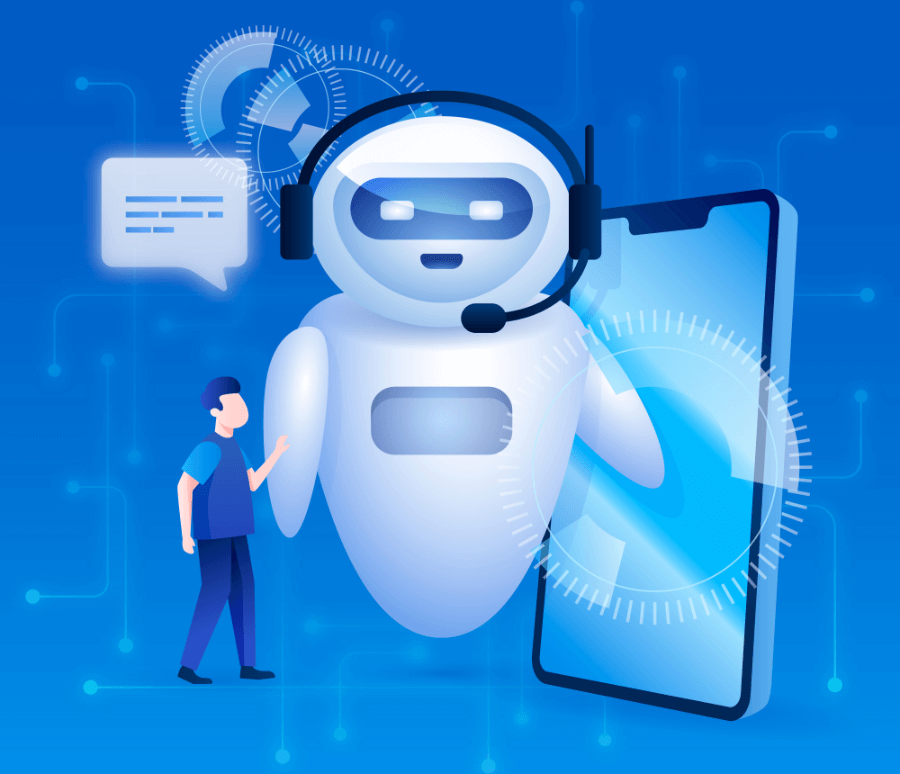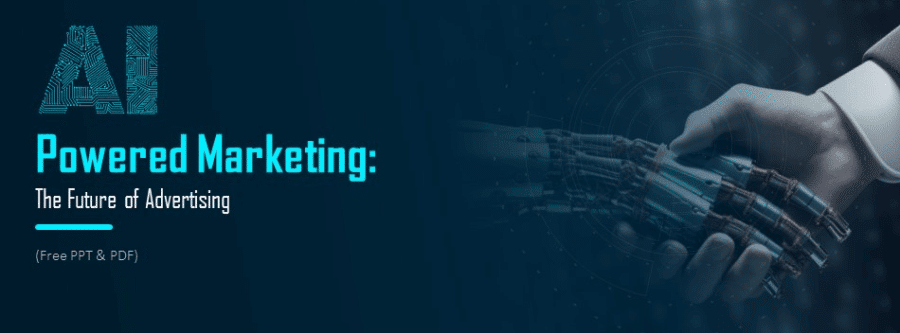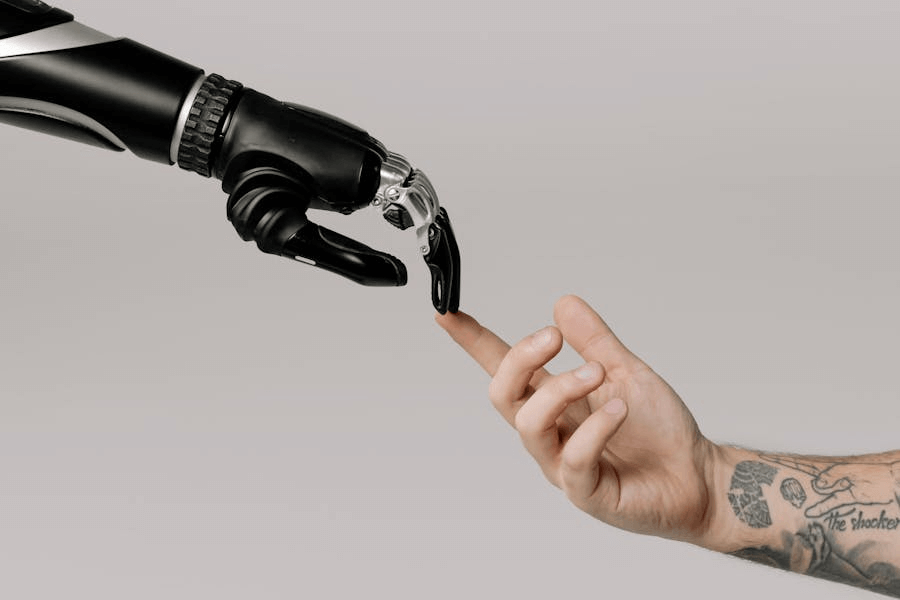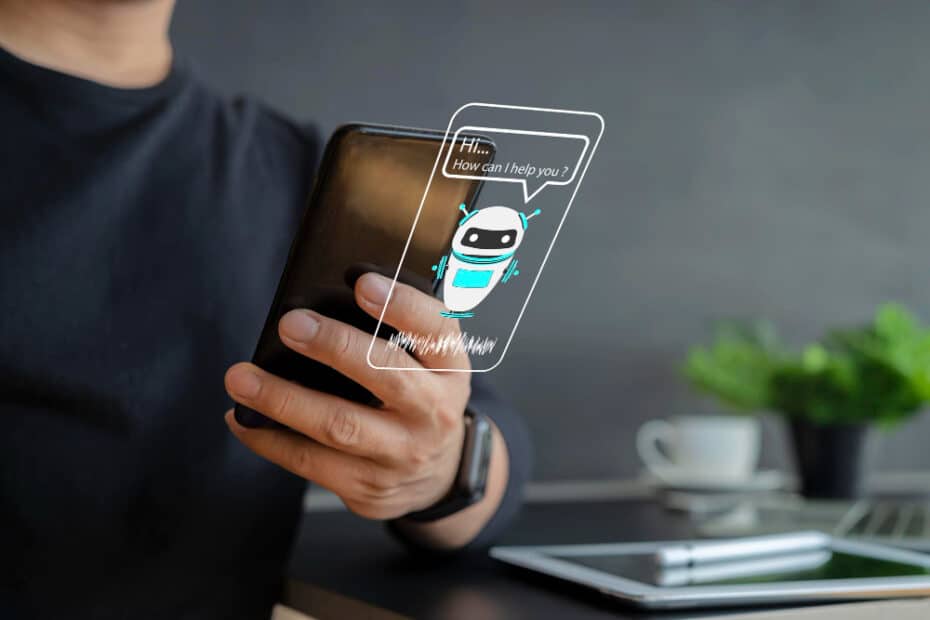📑 Table of Contents
- Why AI-Powered Text Marketing is Disruptive
- The Technology Behind AI-Powered Text Marketing
- Key Benefits of AI-Powered Text Marketing
- How AI Text Marketing Drives Business Results
- Real-World Examples of AI-Powered Text Marketing Success
- Implementation Strategies for AI-Powered Text Marketing
- Potential Challenges and How to Overcome Them
- The Future of AI-Powered Text Marketing
Marketing is undergoing a seismic shift. Traditional channels like print ads, television, and emails struggle to capture attention. Audiences are more fragmented, and competition is fiercer than ever. Enter AI-powered text marketing—a tool that combines the efficiency of artificial intelligence with the direct reach of text messaging.
This new approach offers brands a dynamic way to engage with their customers. With open rates that dwarf other channels and the ability to deliver hyper-personalized content instantly, AI-powered text messaging is becoming the go-to strategy for forward-thinking businesses.
This comprehensive guide explores why AI and text messaging are a match made in heaven, how businesses leverage this dynamic duo and the future of AI-driven marketing strategies.
Why AI-Powered Text Marketing is Disruptive
AI-powered text marketing is disrupting traditional marketing methods for several reasons. It provides direct access to consumers’ most personal devices—their smartphones. With 90% of text messages read within three minutes, the immediacy is unmatched. But there’s more:
1. High Engagement Rates
Text messages boast an average open rate of over 98%, compared to a mere 20% for emails. This difference isn’t just a statistic; it represents a shift in how people prefer to communicate. Texts are quick, easy to read, and less intrusive than calls or emails.
2. Personalized Experiences at Scale
AI uses machine learning and natural language processing (NLP) to craft personalized messages. It analyzes data from multiple sources—purchase history, browsing behavior, and social media activity—to send relevant content. For example, a fashion retailer can send a text about a flash sale on shoes to customers who have recently browsed the shoe section of their website.
3. Real-Time Customer Interaction
AI-powered chatbots allow businesses to interact with customers in real-time. From answering queries to guiding users through a purchase, these bots offer 24/7 service without human intervention. They also learn from every interaction, becoming smarter and more effective.
4. Cost-Effectiveness
Text marketing offers a more cost-effective alternative to traditional methods when powered by AI. It reduces the need for large marketing teams and expensive ad campaigns. AI automates repetitive tasks, freeing human marketers to focus on strategy and creativity.
The Technology Behind AI-Powered Text Marketing

Understanding the technology behind AI-powered text marketing is crucial for its successful implementation. Let’s break down the core components:
1. Machine Learning Algorithms
Machine learning (ML) is the backbone of AI-driven marketing. These algorithms process vast amounts of data to recognize patterns and predict outcomes. For instance, ML can identify which types of messages generate the highest engagement among specific customer segments.
2. Natural Language Processing (NLP)
NLP enables AI to understand, interpret, and generate human language. This technology powers chatbots and virtual assistants, making them capable of holding meaningful customer conversations. It ensures that AI-generated texts feel natural and engaging rather than robotic.
3. Predictive Analytics
Predictive analytics uses historical data to forecast future customer behavior. It allows businesses to anticipate needs and respond proactively. For example, predictive models can determine the optimal time to send messages or predict which customers will likely churn, allowing for timely intervention.
4. Automated Campaign Management
AI platforms automate the entire campaign management process—from message creation and delivery to performance tracking. This automation ensures that messages are sent at the perfect time to the right audience, optimizing engagement and conversion rates.
Key Benefits of AI-Powered Text Marketing
AI-powered text marketing brings several key advantages to the table:
- Hyper-Personalization: AI analyzes individual customer data to tailor messages. This approach leads to higher engagement rates as customers receive content that interests them.
- Enhanced Customer Experience: Automated responses and instant interactions make customers feel valued and heard.
- Scalability: AI can handle millions of interactions simultaneously, making it ideal for businesses of all sizes.
- Cost Savings: By automating repetitive tasks, AI reduces labor costs and increases efficiency.
- In-Depth Analytics: AI provides deep insights into customer preferences, allowing marketers to continuously refine their strategies.
How AI Text Marketing Drives Business Results

AI-powered text marketing isn’t just a trend; it delivers real business results across industries. Here’s how it’s making a difference:
1. Increasing Sales and Revenue
AI-driven text messages are timely and relevant, leading to higher conversion rates. A well-timed reminder about an abandoned cart can nudge a customer to complete a purchase, and personalized product recommendations sent via text often result in impulse buys.
2. Boosting Customer Retention
Customer retention is as important as acquisition. AI text marketing helps customers engage with timely updates, exclusive offers, and personalized content. Loyal customers are more likely to make repeat purchases, boosting lifetime value.
3. Streamlining Customer Service
AI chatbots provide instant responses to customer queries, reducing wait times and improving satisfaction. They can handle questions like store hours or order status, freeing human agents to tackle more complex issues.
4. Enhancing Brand Loyalty
By delivering relevant and personalized content, brands can build stronger customer relationships. When customers feel understood and valued, their loyalty increases. AI helps create these meaningful connections by understanding customer needs at a deep level.
Real-World Examples of AI-Powered Text Marketing Success
Let’s explore some real-world examples of brands leveraging AI-powered text marketing:
- Starbucks: Starbucks uses AI-powered text messaging to enhance its customer loyalty program. Customers receive personalized offers and updates based on their past purchases. This strategy has helped Starbucks boost customer retention and increase revenue.
- KLM Royal Dutch Airlines: KLM uses AI-driven chatbots to assist customers with flight bookings, check-ins, and travel updates via text. The airline has reported higher customer satisfaction rates and reduced operational costs due to this automated service.
- H&M: H&M uses AI to send personalized style recommendations and promotions via text. Their AI system analyzes customer purchase history and browsing data to tailor messages. This approach has significantly increased their conversion rates.
Implementation Strategies for AI-Powered Text Marketing
Implementing AI-powered text marketing requires a thoughtful strategy. Here are the steps to get started:
1. Select the Right AI Tools
Choosing the right AI platform is critical. Look for solutions that offer strong data analytics, seamless integration with existing systems, and user-friendly interfaces. Tools like Twilio, Braze, and Dialogflow are popular for their versatility and ease of use.
2. Define Clear Objectives
Determine what you want to achieve with your AI-powered text marketing strategy. Are you looking to boost sales, enhance customer service, or increase engagement? Clear objectives will guide your plan and help measure success.
3. Build a Solid Data Foundation
Data is the lifeblood of AI. Make sure you have access to high-quality customer data. This includes purchase history, browsing behavior, and demographic information. Use data ethically and comply with all privacy regulations to build trust with your audience.
4. Craft Compelling Messages
AI can analyze data, but humans still need to craft compelling messages. Keep your texts short, engaging, and relevant. Use a friendly tone and include a clear call to action.
5. Test and Optimize
AI-driven marketing requires continuous testing and optimization. Use A/B testing to find the most effective messages. Monitor engagement rates, click-through rates, and conversions. Use these insights to refine your strategy.
Potential Challenges and How to Overcome Them

While AI-powered text marketing offers many advantages, it’s not without challenges:
1. Privacy Concerns
With great power comes great responsibility. AI relies on customer data to function effectively. However, mishandling data can lead to privacy breaches and a loss of customer trust. Always adhere to data protection laws and be transparent about using customer data.
2. Overwhelming Volume of Messages
Sending too many messages can overwhelm customers and lead to opt-outs. Balance frequency and ensure every message adds value. Use AI to determine the optimal time and frequency for sending texts.
3. Dependence on Technology
AI systems require robust infrastructure and maintenance. Technical glitches or system failures can disrupt communication. Invest in reliable AI tools and have a backup plan to handle unexpected issues.
The Future of AI-Powered Text Marketing
AI-powered text marketing is poised to become even more advanced in the coming years. Here are some trends to watch:
1. Integration with Other Technologies
AI-driven text marketing will increasingly integrate with other technologies, like augmented reality (AR) and virtual reality (VR). Imagine receiving a text that invites you to a virtual store tour or a text-based game that offers rewards and discounts.
2. Enhanced Personalization
As AI algorithms become more sophisticated, personalization will reach new levels. AI will predict customer needs with even greater accuracy, allowing businesses to deliver content that feels uniquely crafted for each individual.
3. Voice and Text Fusion
Voice assistants like Siri and Alexa are becoming more prevalent. Fusing text and voice in marketing campaigns will create seamless, multi-channel experiences. Customers might receive a text and use voice commands to interact further.
4. Greater Focus on Emotional AI
Emotional AI, which detects and responds to human emotions, will enhance text marketing. Brands could use AI to identify customer sentiment and tailor messages accordingly. For example, a positive sentiment could trigger a thank-you message, while a negative sentiment could prompt an offer for help or a discount.

Final Reflections
AI-powered text marketing is not just a fleeting trend; it’s the future of customer engagement. By merging the immediacy of text messaging with the intelligence of AI, businesses can deliver highly personalized, efficient, and engaging communications. This approach transforms how brands connect with their audiences, drive sales, and build loyalty.
The future holds even more exciting possibilities—from integrating with emerging technologies to developing personalized strategies. As AI continues to evolve, so will how businesses can use it to revolutionize their marketing efforts.
Now is the time to embrace AI-powered text marketing. Start today to stay ahead of the curve and unlock new customer engagement and business growth levels.
